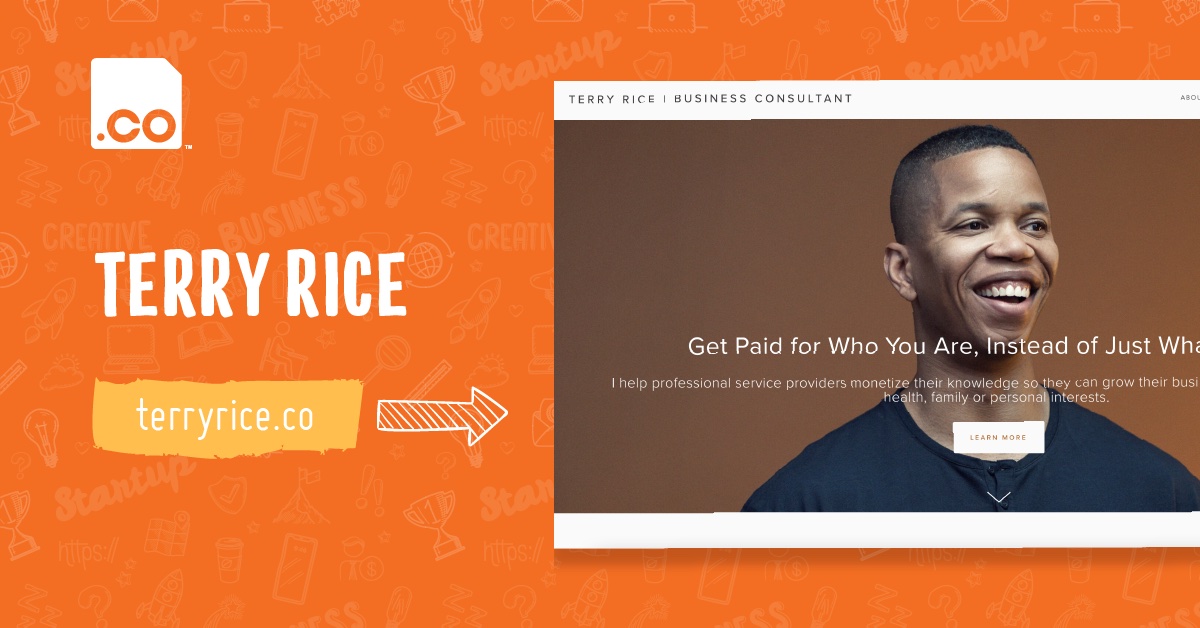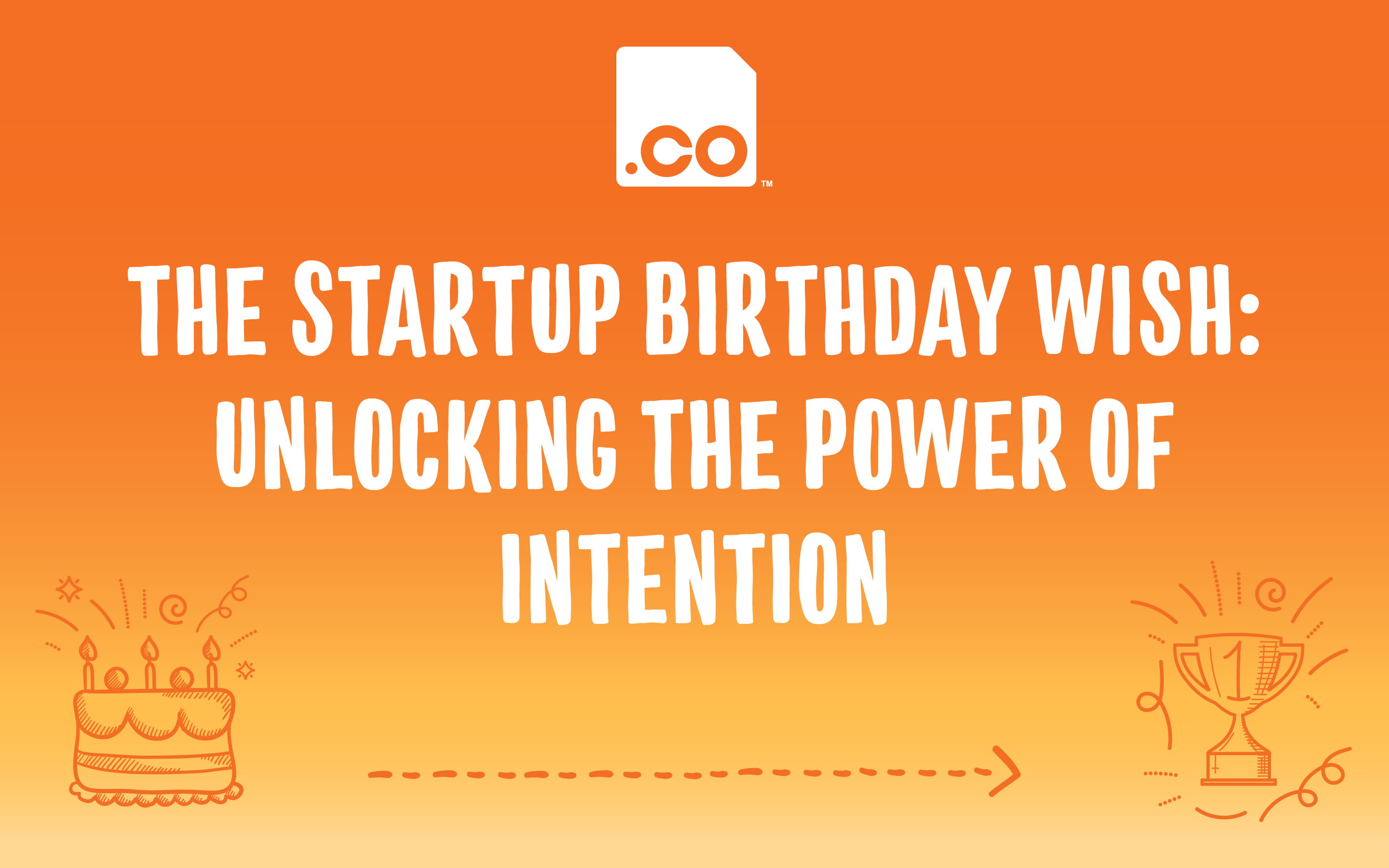Jeremiah Gardner is an author, speaker, lean brand practitioner, and bulldog lover. He helps startups, entrepreneurs and Fortune 500 organizations reframe the way they think about brand innovation, culture, and leadership. He is a sought after speaker, and has been featured in several media outlets including Forbes, Entrepreneur Magazine, Lifehacker, The Guardian, Branding Magazine, and SayDaily. You can score a free copy of his book, The Lean Brand via our Membership Program here
Entrepreneurship is hard.
The countless articles listing out the “Top 10 Things To Be A Winning Entrepreneur” or “Five Ways to Find Success Fast” are all bunk. There is no way around it, being an entrepreneur is hard work.
Probability suggests that you’ll find yourself somewhere between making a decent living and yelling at a volleyball named Wilson like Tom Hanks in Castaway.
That doesn’t mean its not worth it.
By all measures the journey of entrepreneurship is one filled with growth, new experiences, failures, wins, highs, lows, and an incredible amount of self-learning and self-awareness. The journey, alone, is worth every second of the climb up the mountain.
There is a fundamental reason that entrepreneurship is hard. Put simply, because discovering, creating and delivering value is hard.
Intention In The Value-creation Economy
In the new value-creation economy, if you fail to discover the value you hope to create in the marketplace, you’ll never get off the starting blocks. This is true whether you are business to business (B2B), business to consumer (B2C), B2B2C or any other combination you might conjure up. This is true whether you offer a physical product, an app, software, hardware, a service, or even just an opinion column on a blog. To be successful in the value-creation economy you must discover the value you are creating and for whom that value is being created.
Value is not realized in brilliant assumptions, genius strategies, or creative ideas alone, but instead occurs where creative inspiration meets the rigor of validation. It’s realized in the hard work of learning where actual customers connect with you and adjusting, iterating, and growing your startup to meet those connections.
When it comes to brand (the relationship you form with your audience and your audience forms with you) the same rings true. Today, great brands must do more than just spin, wow, or satisfy their customers, they must create passionate ones. That relationship starts with one thing and one thing alone – you. Behind Google was Sergey and Larry, behind Intel was Gordon and Robert, behind Virgin was Branson. Behind every startup, there is a powerful story.
Environment: What’s Your Story?
Often when we hear the word, “story,” it feels like mushy, glittery, marketing-speak. But that doesn’t have to be the case. If all you do with your story is try to polish every word, sort out a perfect chronology or simply bloat your story with seemingly impressive stats and facts you miss out on the questions that really matter. What point of view are you committed to? What change in the world are you committed to? What problems are you committed to solving? Commitment means effort, and effort is what leads to success.
So ask yourself, Why are you here? What got you here? Why you are the one to do what you’re doing? Do you want to change the world? Do you want to make your former classmates jealous? Do you want to meet Elon Musk? What makes you get up in the morning?
You have a story to tell, and it deserves to be told well.
Iteration: Roll Up Your Sleeves
These questions are the fuel to keep driving you onward. When what you are deeply committed to, what only you can bring to the world, and what turns the economic wheels of your organization forward come together, your work, life, and impact begin to move toward greatness.
Too many entrepreneurs focus their brilliance on trying to find ways to make millions of dollars fast. They vet opportunities in the market by focusing on questions like, “How do I get 1000 people to pay for this?” or “How can I ‘monetize’ this?” without asking, “Will this make people’s lives meaningfully better?” or “Does this make my life better?”
It’s not that you shouldn’t try to make a profit, but profits are only part of a much larger picture of what we should strive for as the innovators, game changers, and creators that we are.
Yes, entrepreneurship is hard…but only because creating value is hard. Startups take hard, intentional, and iterative work. Even if there were some sort of entrepreneurial lottery, the cost of entry would be paid in blood, sweat, and tears. There is no such thing as pure luck when it comes to creating value. Hindsight may create the illusion of luck for some of the organizations that have had success, but the truth behind that illusion is the amount of work that went into that success.
That’s why every startup will evolve. The story, products, environment, team, etc will all evolve over time. You must remain in a constant state of discovery, iteration, experimentation, and agility to continue to create value.
The challenge, then, is to make the hard choices to continually make your existence as a business a benefit for society by balancing economic performance and social value while demonstrating that it’s not a zero-sum game.





